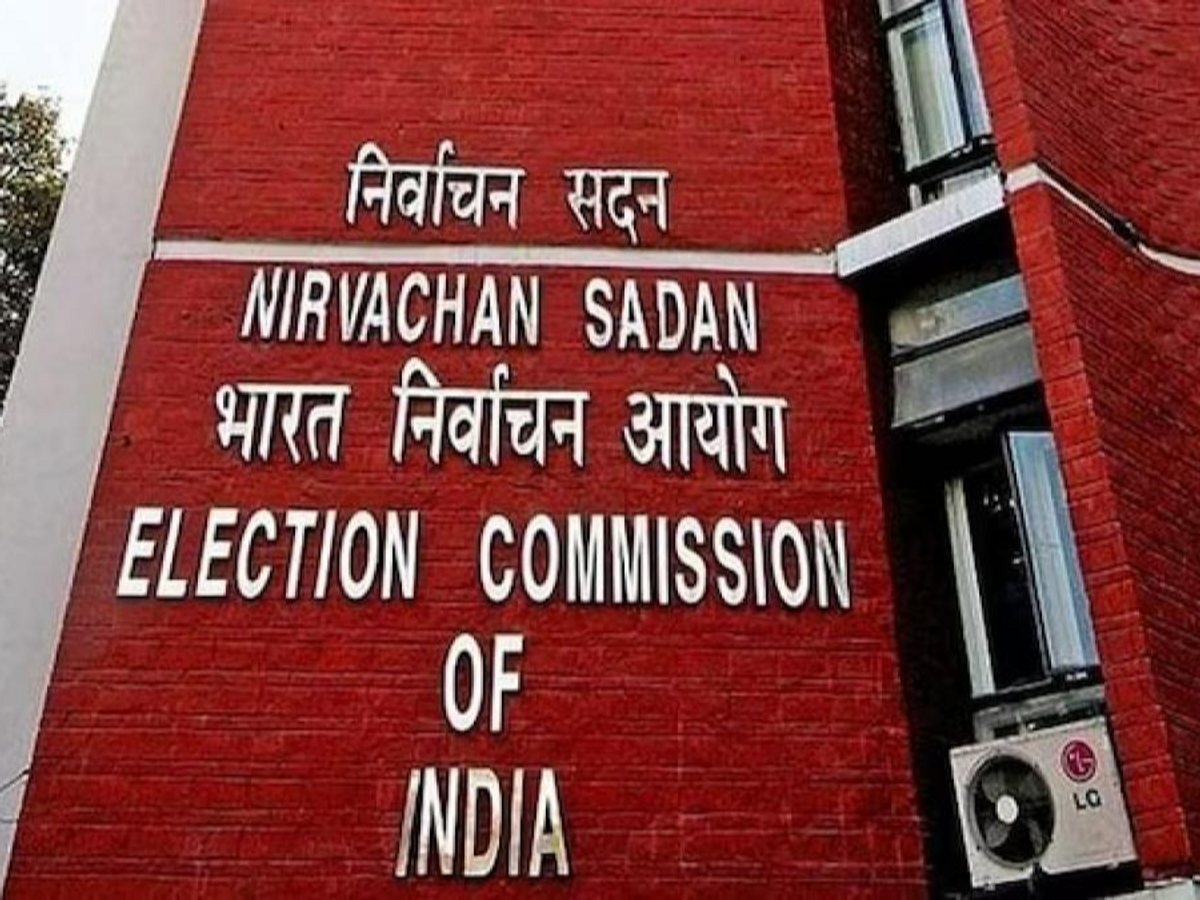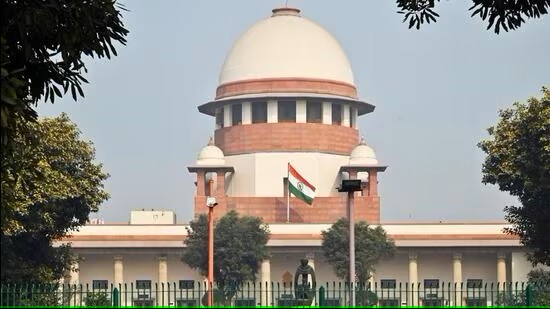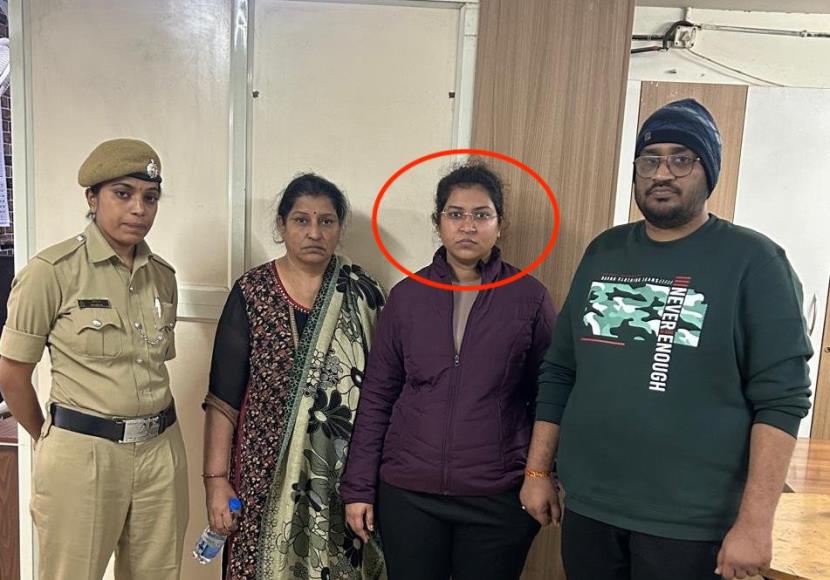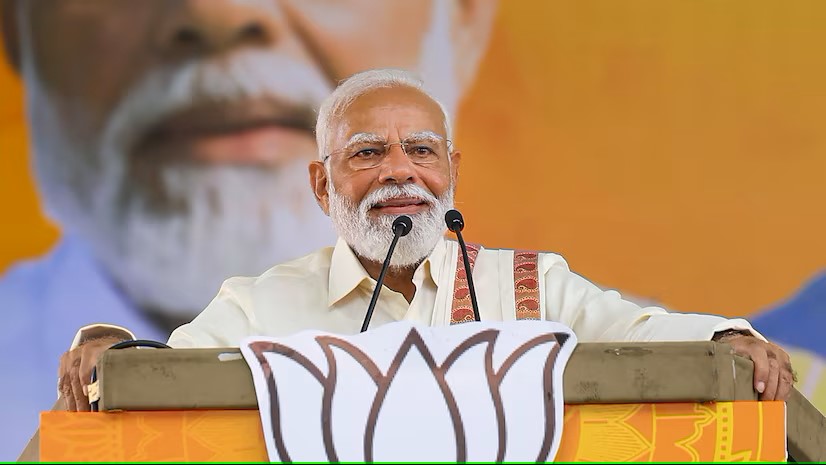New law for the appointment of election commissioners: passed in Lok Sabha, questions on the absence of opposition MPs
The Lok Sabha, the lower house of the Indian Parliament, on Wednesday passed a new law to appoint election commissioners. The bill was introduced by the government to replace the Election Commission (Conditions of Service and Conduct of Business of Election Commissioners) Act of 1991.
Under this bill, a collegium will be constituted to appoint election commissioners. This collegium will include the Prime Minister, the Leader of the Opposition in the Lok Sabha and the Chief Justice. If there is no leader of the opposition in the Lok Sabha, then the leader of the largest opposition party will be a member of this collegium.
 During the discussion on this bill in the Lok Sabha, Law Minister Arjun Ram Meghwal said that the 1991 Act on service conditions of top election officials was a half-hearted attempt and the current bill covers areas left by the previous law.
During the discussion on this bill in the Lok Sabha, Law Minister Arjun Ram Meghwal said that the 1991 Act on service conditions of top election officials was a half-hearted attempt and the current bill covers areas left by the previous law.
However, opposition parties opposed this bill. He said that this bill would weaken the independence of the Election Commission and bring the Election Commission into the hands of the government.
While voting on the bill, 185 of the total members in the Lok Sabha voted in favour of it. Whereas, 77 voted against it. During this, two-thirds of the opposition MPs were not present in the House.
Questions are being raised about the absence of opposition parties. Some believe that the opposition parties deliberately boycotted the House to oppose this bill. At the same time, some others believe that the members of the opposition parties were not aware of this bill.
It remains to be seen what kind of hindrance the absence of opposition parties creates in implementing this bill.
The Indian Lok Sabha has passed a new law to appoint the CEC and other election commissioners. The bill was introduced to replace the Election Commission (Conditions of Service and Conduct of Business of Election Commissioners) Act of 1991.
Under the new law, a collegium will be formed to appoint election commissioners. This collegium will include the Prime Minister, the Leader of the Opposition in the Lok Sabha and a Union Minister. If there is no leader of the opposition in the Lok Sabha, then the leader of the largest opposition party will be a member of this collegium.
Opposition parties have criticized the bill, saying it will weaken the independence of the Election Commission and bring the Election Commission into the hands of the government. He has alleged that this bill gives more powers to the government on the appointment of top election officials and this amounts to compromising the autonomy of the election body.
During the discussion on this bill in the Lok Sabha, Law Minister Arjun Ram Meghwal said that the 1991 Act on service conditions of top election officials was a half-hearted attempt and the current bill covers areas left by the previous law.
While voting on the bill, 185 of the total members in the Lok Sabha voted in favour of it. Whereas, 77 voted against it. During this, two-thirds of the opposition MPs were not present in the House.
Questions are being raised about the absence of opposition parties. Some believe that the opposition parties deliberately boycotted the House to oppose this bill. At the same time, some others believe that the members of the opposition parties were not aware of this bill.
It remains to be seen what kind of hindrance the absence of opposition parties creates in implementing this bill.
Some of the key provisions of the new law are as follows:
- A collegium will be constituted to appoint election commissioners.
- The collegium will include the Prime Minister, the Leader of the Opposition in the Lok Sabha and a Union Minister.
- If there is no leader of the opposition in the Lok Sabha, then the leader of the largest opposition party will be a member of this collegium.
- the President will appoint Election Commissioners on the recommendation of the Collegium.
The term of service of Election Commissioners shall be six years and they cannot be removed during their tenure.
The main arguments for criticism of the new law are as follows:
- This bill will weaken the independence of the Election Commission.
- This bill gives more powers to the government on the appointment of top election officials.
- This bill amounts to compromising the autonomy of the election body.
The main arguments in support of the new law are as follows:
- This bill will help in streamlining the functioning of the Election Commission.
- This bill will increase transparency and accountability in the work of the Election Commission.
- This bill will protect the Election Commission from political interference.




